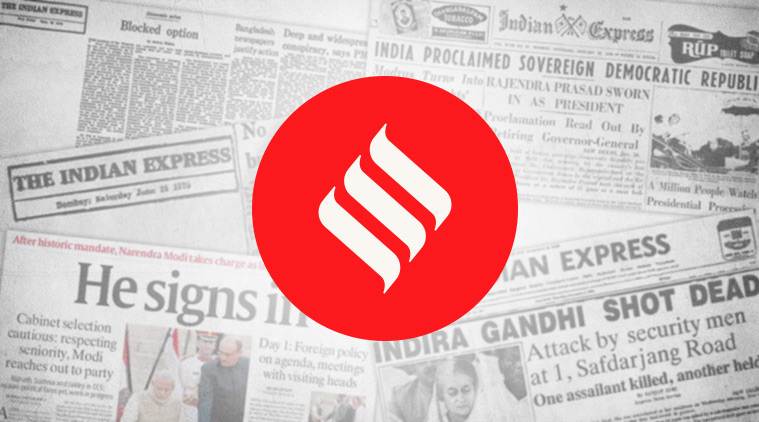
THE exit of Reserve Bank deputy governor, Viral Acharya, caps an unhappy sequence of three top central bankers moving out over the last three years — governors Urjit Patel and Raghuram Rajan being the other two. This is a record of sorts and reflects their uneasy relationship with the government. What’s unfortunate is the manner of their departure. Acharya’s decision to quit six months ahead of the completion of his three-year term may not have come as a surprise in the backdrop of the tensions between the RBI and the government towards the fag end of last year and culminating in the A D Shroff Memorial Lecture, where Acharya warned of the wrath of the financial markets if governments failed to respect the independence of the central bank. That riled the government. Acharya had also argued against easing the Prompt Corrective Framework for weak banks in the face of requests from the government, saying the first priority ought to be to limit losses and prevent further erosion of capital; he also made the point that there was no strong case for the RBI to help the crisis-ridden NBFCs by acting as a lender of last resort. Acharya had also opposed cutting interest rates until the recent monetary policy review.
Central banks the world over are encountering political pressure with the prospect of the slowdown deepening. Acharya’s resignation raises the larger issue of not just autonomy or the de facto independence of the RBI, but also the enabling environment for policymakers who are outsiders and with foreign credentials. It’s not as if the country’s establishment has been always hostile to the entry of technocrats and professionals going by the experience of the mid 1970s, 80s and 90s, when an array of them led by Manmohan Singh helped put the building blocks for a modern economy. If many of them succeeded, it had much to do with political backing, a better understanding of the country context or ethos and perhaps, a less dogmatic approach to tackling economic issues. The exit of three central bankers and two senior economic policymakers including chief economic adviser, Arvind Subramanian, is bound to reignite the debate on how welcoming is the system of “outsiders”. At a time when the government is keen to promote lateral entry of specialists in the bureaucracy, these resignations send out the wrong message.
Acharya himself had warned earlier of the dangers of attrition of human capital and deterioration of the efficiency and expertise of the central bank if its governance was undermined. Surely, a government which hopes to helm a $5-trillion economy over the next few years and engage more with the world wouldn’t want to be seen as inward looking or insecure about policymakers who aren’t insiders or part of the career policy establishment or who do not share a political ideology.